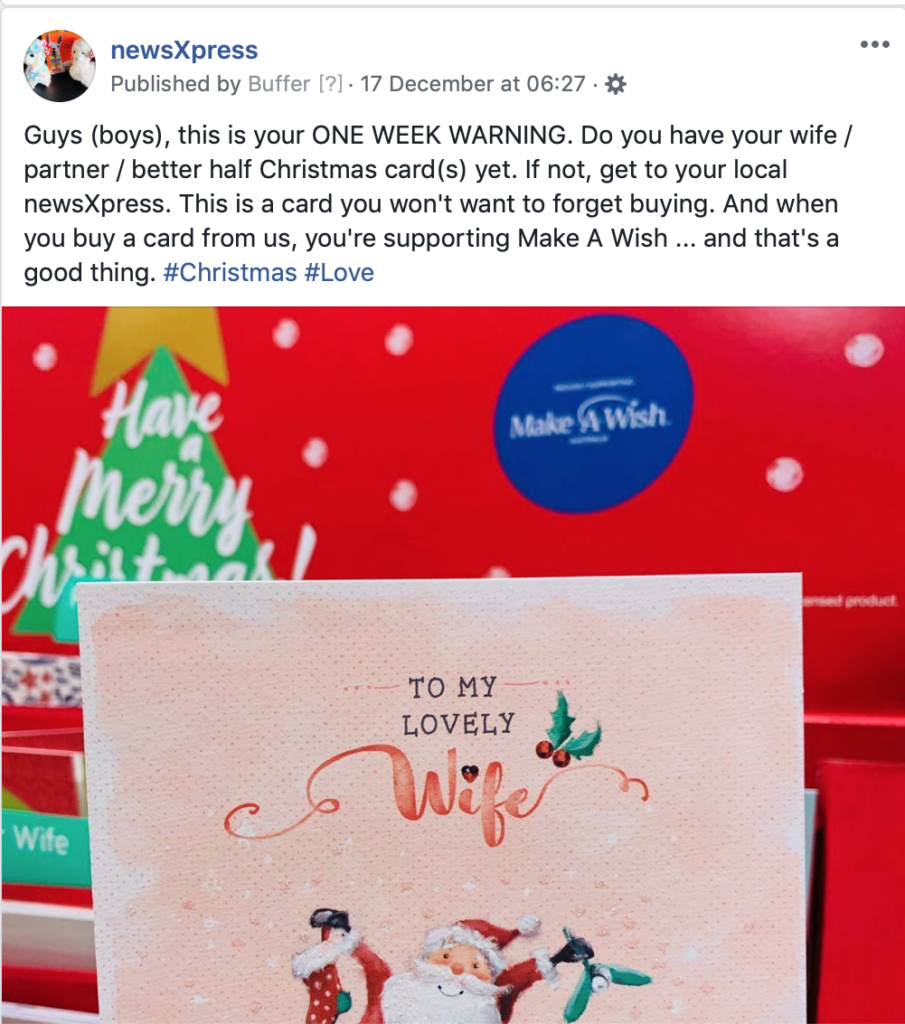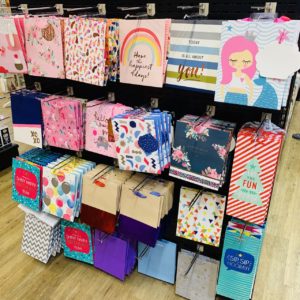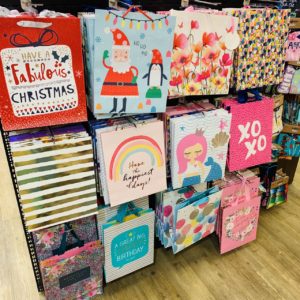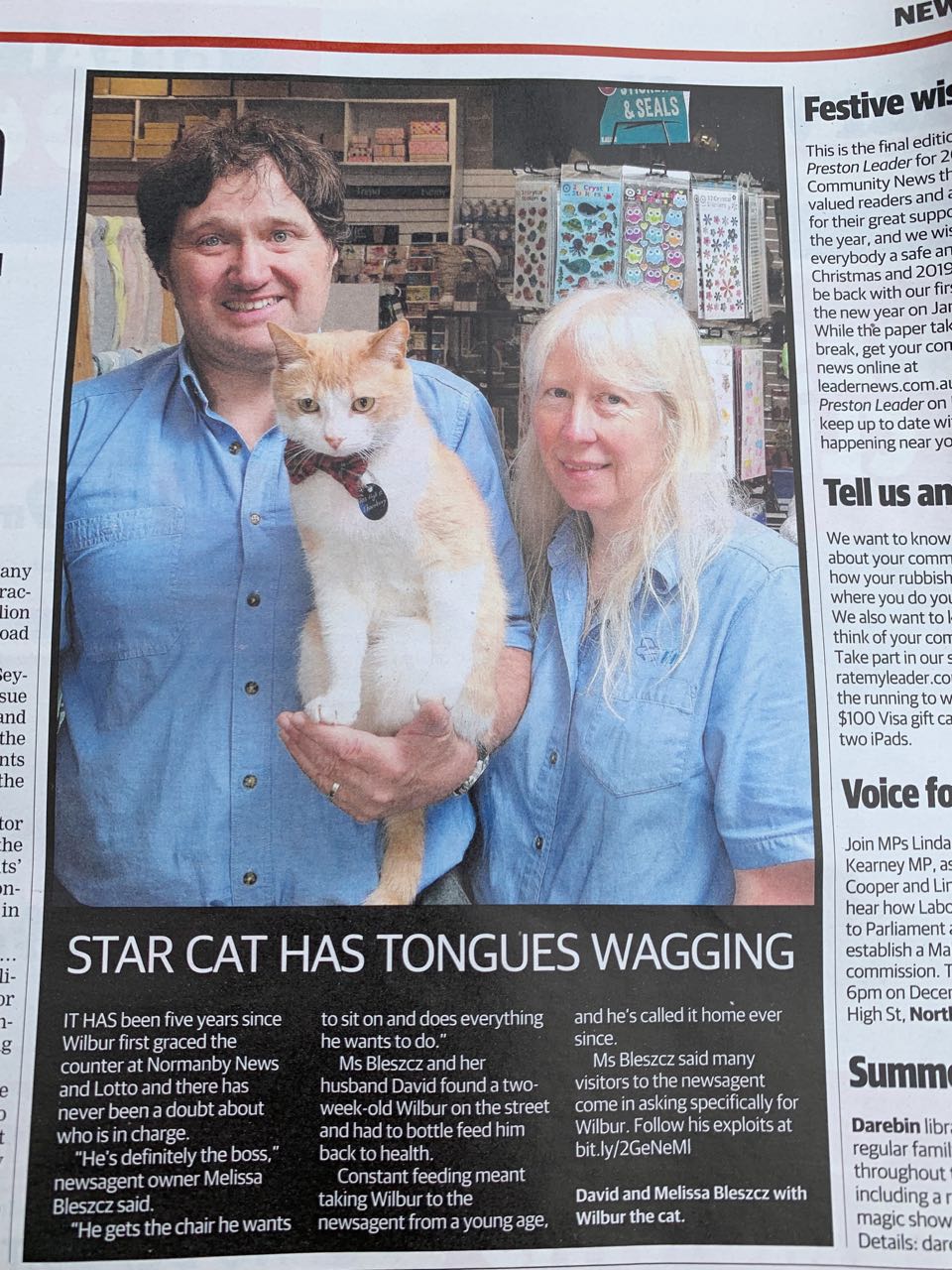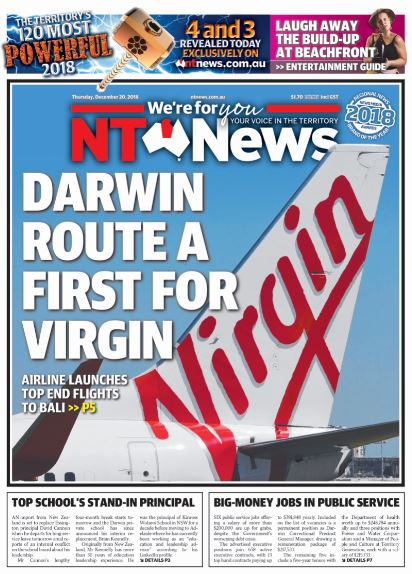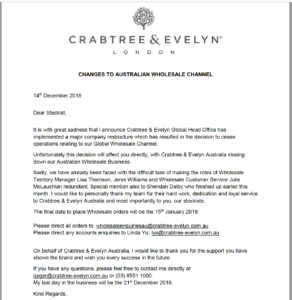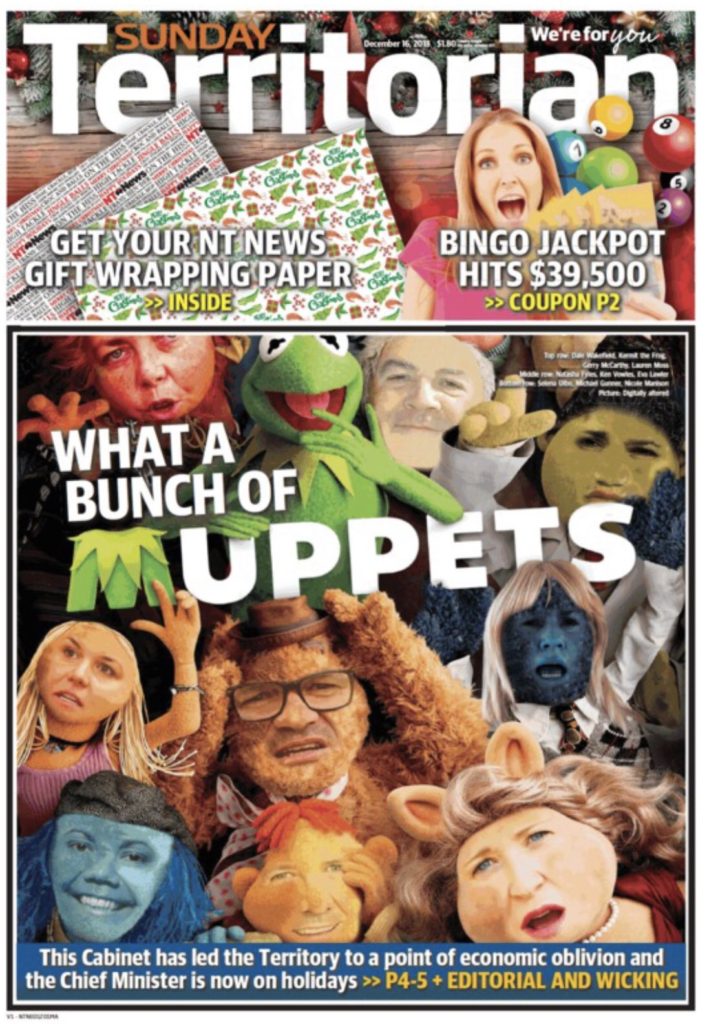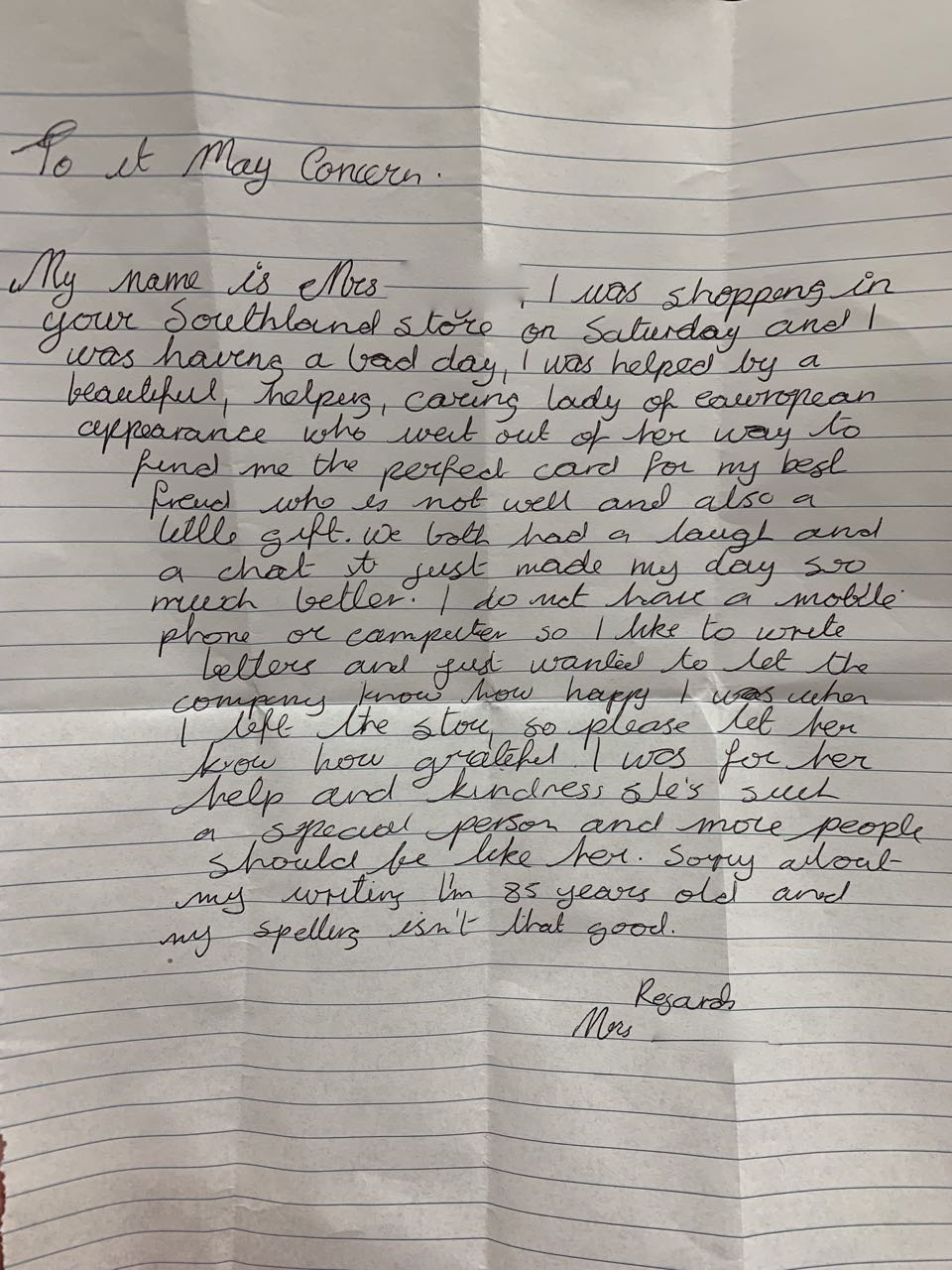Gordon and Gotch announced to newsagents Friday that they plan to change their name to Ovato. While the announcement seems innocuous enough, the final statement in the letter has caused several retailers to express concerns.
During 2019 the Gordon and Gotch name will be transitioned to a division name of Ovato and we will be sending out further communication in due course as well as any resulting changes to our trading relationship.
My take is that PMP plans further, and most likely considerable, evolution of their business and that the name change is a public facing representation of that change.
The company’s share price, sitting at less than half it was a year ago, is the driver for change, as you would expect. This level of drop in market value is serious for investors and serious for the board that sets the direction of the business.
Check out this graph of the PMP share price from the ASX website:

Do I think what we know as the Gotch business is set for change? Yes, I think it is set for change. It’s margins are low and it is dealing in a product category that remains stuck in deep decline. Change is necessary and by change, I am talking about 90 or 180 degrees. Like the change we need too drive in our businesses.
At Australian Printer, there is a useful report on the name change:
PMP will soon be rebranded as Ovato, as part of a shake up that will see it also install an 80pp manroland Lithoman press in the new year.
The company had taken heavy hits to its share price when its expected EBITDA was revised twice throughout the financial year, coinciding with the early exit of long-time CEO Peter George.
During the company’s AGM, its chairman pointed to the three-month delayed ACCC approval leading to a shorter time-frame to integrate with IPMG, meaning planned efficiencies were not achieved.
Kevin Slaven, CEO, PMP, says, “As a business we have drawn a line in the sand.
“Our rebranding [to Ovato] is not a simple change of name for the sake of changing a name. It is based on the rationale that the value of bringing our businesses together is significant, that we need to signal a significant evolution of the business, and to better present the impact we already have, and are building, in data and technology.
“We have had some significant customer wins during the year and the renewal of many existing major customer contracts. We have won or re-signed some large customers with a bundled offering of print and distribution. We have a unique selling proposition as the only company in Australia and New Zealand with a national footprint providing co-located print and distribution delivering freight efficiencies, and speed to market for customers.”
Significant evolution. Gotch has changed since taking over the Network Services distribution business. However, I suspect the financial benefits have not hit what the board expected. If I am right. what we know at the Gotch business will need further change.
The assessments they will be doing, on the numbers, are what we should be doing. Products we sell have to pay their way. This is why I say to every magazine publisher with whom I speak, the 25% gross profit on magazines is unacceptable. maintain this and you will see fewer newsagents stocking magazines. We are no longer agents.
FYI here is the full Gotch announcement:
Dear Newsagent,
As you know Gordon and Gotch is a subsidiary company of PMP Limited. At the recent AGM it was voted positively by shareholders that PMP and all of its subsidiary companies would be rebranding as Ovato from February 7th 2019.
In terms of the work we already do for you, very little will be different from February. There will be a new brand name and logo on your invoices and our communications, access to websites will not change.
The company name, business number (ABN/ACN) and bank accounts will also remain the same as current.
During 2019 the Gordon and Gotch name will be transitioned to a division name of Ovato and we will be sending out further communication in due course as well as any resulting changes to our trading relationship.
Many thanks

